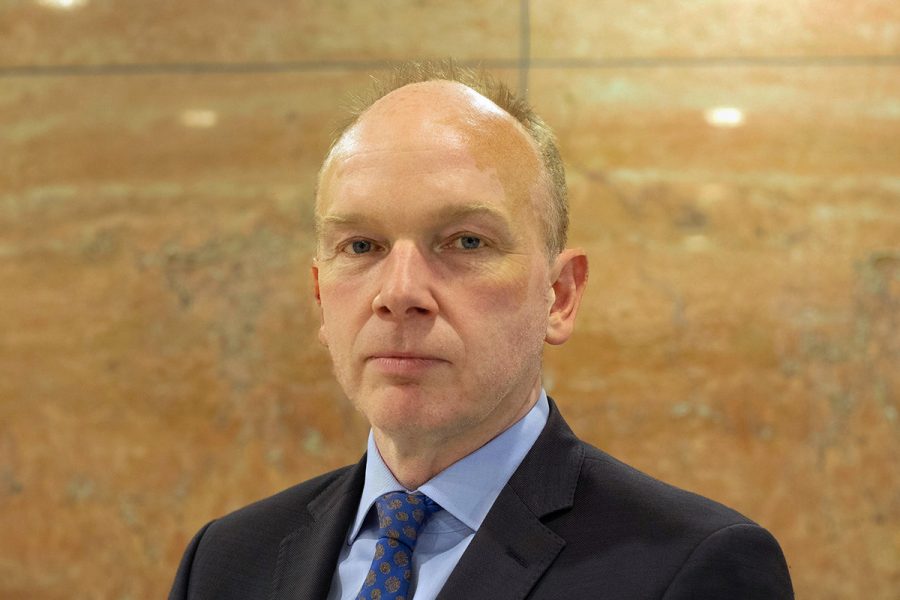EGBA warns Finland’s gambling reforms “might backfire”

The European Gaming and Betting Association has raised concerns over proposals for strict rules on marketing.
Belgium.- The European Gaming and Betting Association has added its voice to those raising concerns about the current state of proposals to open Finland’s gambling market to competition. It suggests that proposals for a ban on affiliate marketing and social media advertising “might backfire”.
The Finnish government plans to end the gambling monopoly of state-controlled Veikkaus and open a regulated licensing system by 2027. The market would be overseen by a new Finnish Supervisory Agency under the Ministry of Finance. But while the industry has welcomed the move, some have questioned whether the current proposals will have a positive effect on channelisation rates.
Draft regulations propose a ban on bonuses, affiliates and influencer marketing, which could limit awareness of licensed offerings. There have also been suggestions that Veikkaus may still have a competitive advantage and that continued government ownership would represent a conflict of interest.
EGBA secretary general Maarten Haijer has now called on the Finnish government to include affiliates in the regulatory framework and to permit social media advertising with “clear rules”.
“Without them, players will drift to black market websites that don’t follow Finnish regulations or prioritise consumer safety,” he said. “Also, the proposed blanket ban on bonuses is concerning. While we support setting boundaries on bonusing, a complete prohibition will simply make any newly licensed operators less competitive against unlicensed ones. This risks pushing players towards unregulated sites, undermining the very consumer protections the legislation aims to establish and strengthen.”
Haijer argued that there are ways that bonuses could be allowed while protecting vulnerable players. He said: “A nuanced approach could involve prohibiting bonuses for players showing signs of problematic behaviour or setting clear rules on when and how bonuses can be offered. This strategy would allow operators to compete more effectively with unlicensed sites who will undoubtedly use bonuses to try to entice Finnish players away from regulated websites.
“These changes would better align Finland’s approach with the successful models seen across the EU, striking a balance between market competitiveness and robust consumer protection. Addressing the concerns about marketing restrictions and bonus regulations is crucial to ensure the new legislation achieves its objectives, safeguarding Finnish consumers while fostering a healthy, well-regulated online gambling environment.”
Meanwhile, the Institute of Health and Welfare (THL) has raised concerns about the plans to end Veikkaus’s monopoly over gambling in Finland. The research agency has warned that the proposed competitive licensing framework “does not guarantee better protections” for consumers and puts industry revenues above public health interests.
The THL acknowledged the deficiencies in the current situation, which sees unlicensed operators control around half of online gambling in Finland. However, it said that a proposal to remove Veikkaus from online gambling could increase problem gambling rates.
As for Veikkaus, the state-owned gambling operator has announced that it will begin contract negotiations with up to 620 employees. The move follows a drop in gross gaming revenue (GGR) of 21 per cent in H1.
Veikkaus has warned that the upcoming negotiations could lead to more redundancies. They will involve between 580 and 620 employees, and could result in up to four terminations and material changes to between 10 and 37 roles.











